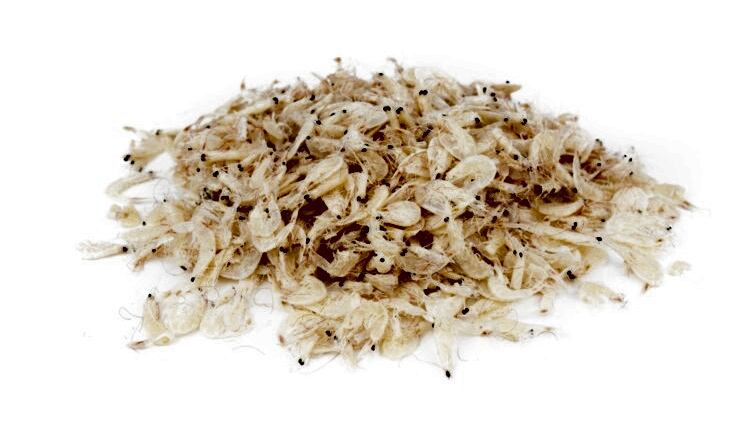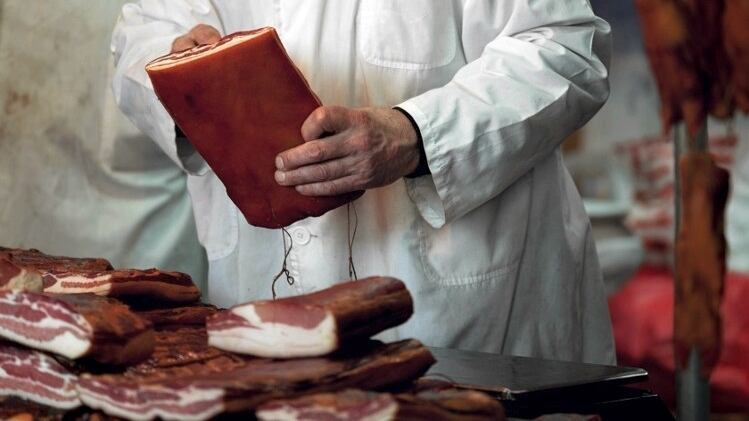The move followed an intensive lobbying effort by US and EU officials and came just days before the new rules were due to be enforced.
The regulations would require all food imports to carry health certificates, even for low-risk products.
Trade officials had argued they would hamper billions of dollars of shipments into China.
Speaking to Reuters an EU food official said the move was “very positive” and would give exporters enough time to comply with the regulations, which were announced in April 2016.
The new rules had been designed to increase China’s oversight of its supply chain. The change in timing has been registered with the World Trade Organisation.
“The General Administration of Quality Supervision, Inspection and Quarantine of China is currently studying the comments from relevant countries/regions,” said the notification.
“According to the comments and application received, we hereby decide to provide a transitional period of 2 years: from 1 October 2017 to 30 September 2019,” added the agency, which oversees the safety of all imports into China.
This is the latest case of China delaying the enforcement of new trade regulations this year. Last month it announced another extension of the current rules governing cross-border e-commerce, which were due to expire at the end of the year, following widespread objections by exporters. It has also rolled back on cyber-security regulations.
More from China...
Guolian hopes to meet ambitious growth target ahead of plan
China’s biggest shrimp supplier is aiming for a near eightfold increase in revenues and a place at the top table of seafood businesses by the end of the decade.

Having reported revenues of RMB2.6bn (US$390) last year, Zhanjiang Guolian Aquatic now hopes to see sales surge to RMB20bn by 2020.
It’s strategy to achieve this target was outlined in a five-year plan released last year. By ramping up its international profile through overseas acquisitions, it is aiming for an increase of sales of RMB10bn from outside of China, with the rest of the planned growth coming organically.
In 2011, the firm acquired Sunnyvale Seafood, a US-based shrimp importing firm, which this year is set to achieve annual revenues of US$300m. In the first six months of this year the American arm's sales almost doubled.
A further acquisition was put on hold last year after Guolian was part of the bidding process for China Fishery Group, the Peruvian anchovy fishing and processing company owned by Pacific Andes International Holdings (PAIH). Valued at about US$1.5bn at the time, the sale fell through after PAIH’s owners filed for bankruptcy in an American court.
Chairman Li Zhong has said that prawns will remain Zhanjiang’s core business, though the company is open to diversifying on the back of a US1.1bn fund for research and acquisitions, especially in America—the world’s biggest shrimp consumer.
As Guolian constructs a new 35-acre shrimp farm and a separate processing unit in its home province of Zhanjiang in southern China, Li said he hopes to achieve his target by as early as 2019.
The company, which was founded in 2001, invested RMB480m in the farm, which will harvest 5,000 tonnes of white shrimp later this year. By 2020, this should increase to 20,000 tonnes.
The processing facility, which will come online next June, will have a capacity of up to 50,000 tonnes within five years,
"[Guolian] wants to build more and expand every year. With this gradual industrialisation of production, in five years we hope to have fully industrialised [shrimp] production,” Li said in an interview.
"No matter which sector you're in, everyone wants to benefit from economies of scale. Add to that the environmental benefits, reduced land use, and economic value, it's clear this can only be done with industrialisation of [shrimp] aquaculture production."
Nationwide food safety audit reveals that China could do better
An official assessment has concluded that food safety has improved significantly across China, though some issues still need to be addressed.

Revealing the results of a nationwide supervision exercise, China’s top food safety official admitted that some local authorities still lacked strong supervision on food safety.
The three-week exercise, conducted in late August, saw 14 inspection teams dispatched to 31 provinces and regions to assess the approach by officials towards monitoring and enforcing food safety.
It involved random inspections, site visits and public meetings, finding that central government measures had been implemented, though there were still gaps in public expectations.
Bi Jingquan, chief of the China Food and Drug Administration, told a Central Council meeting that a review of the results should now be carried out to target the issues raised by the exercise.
